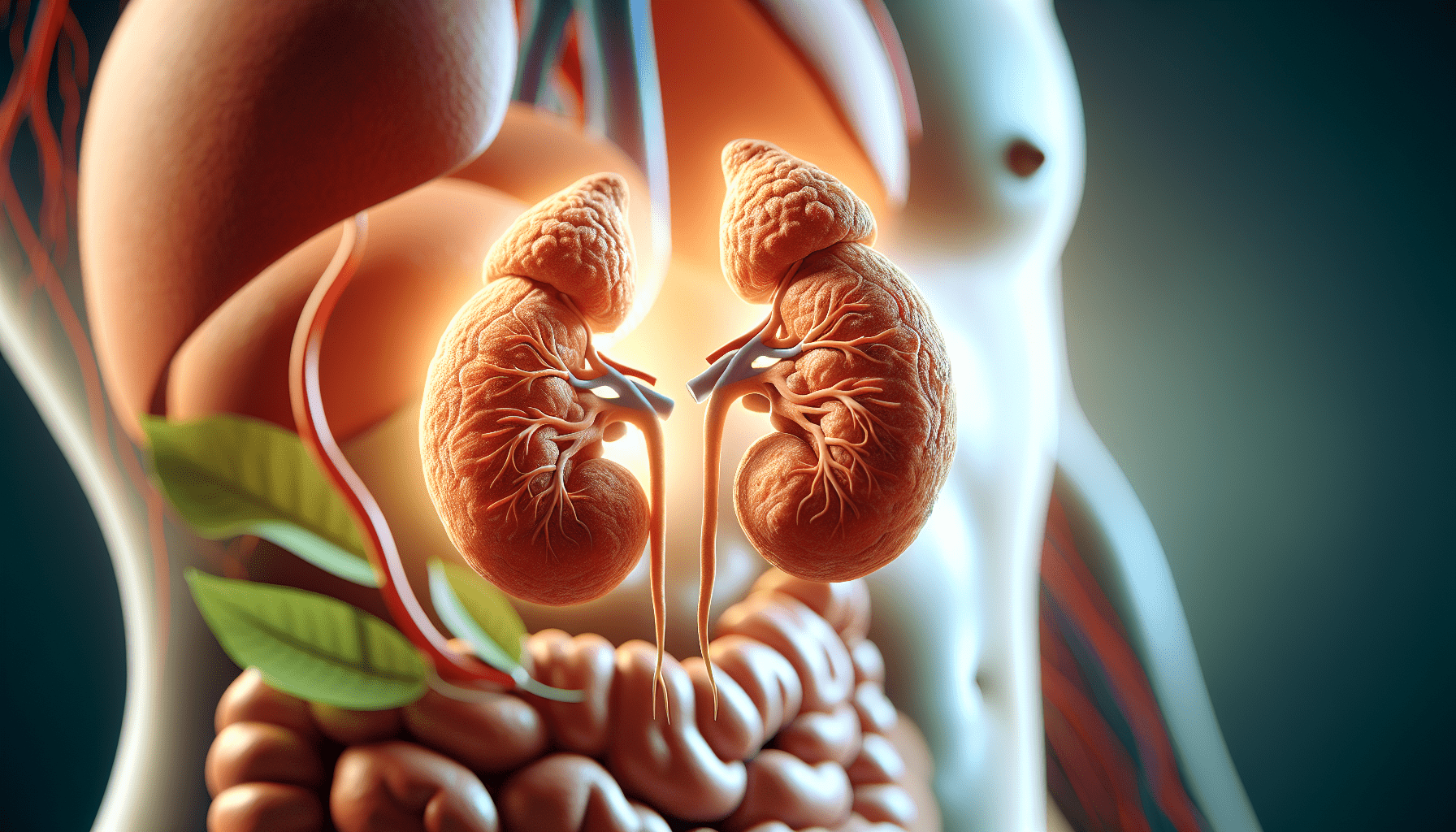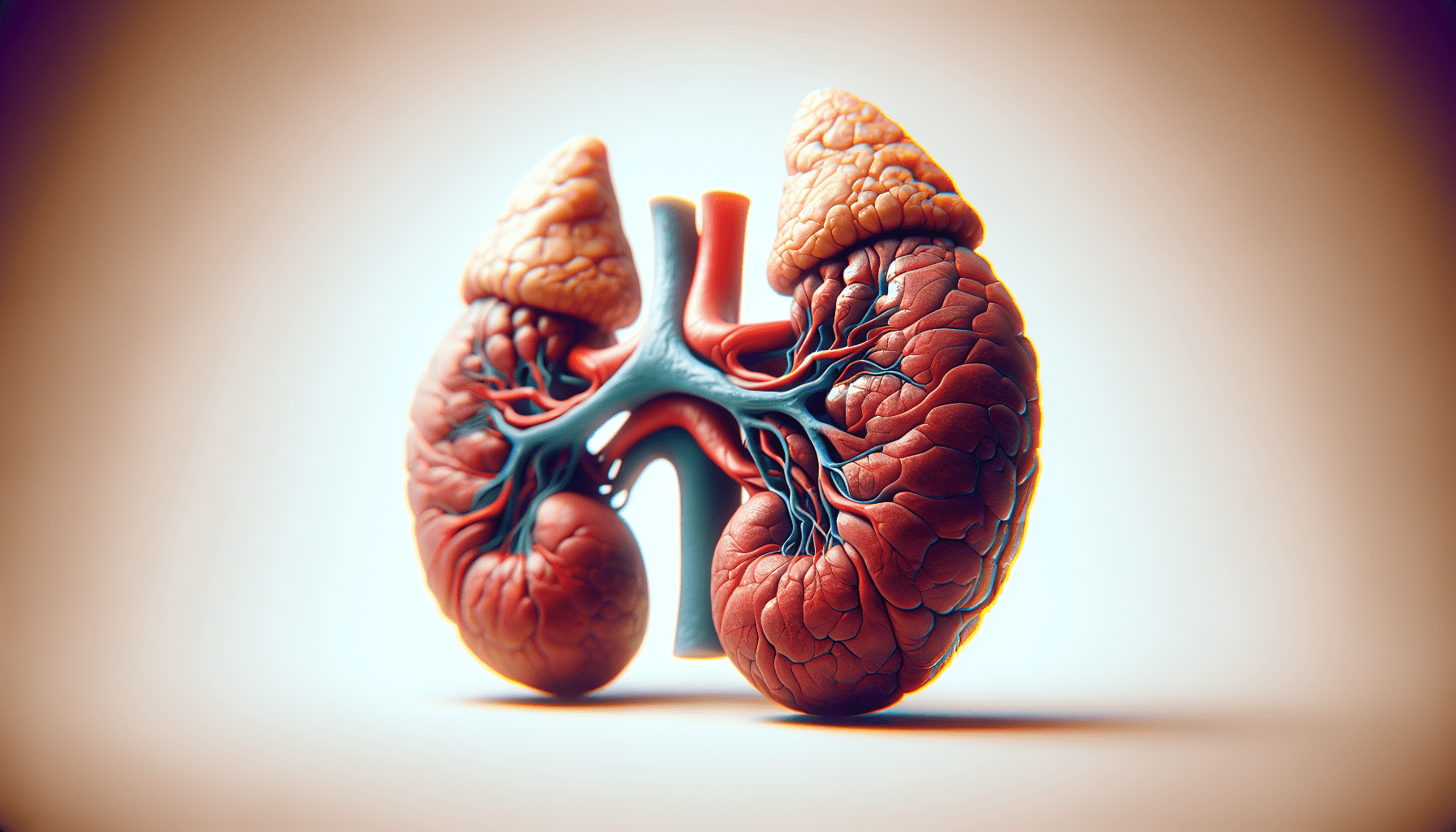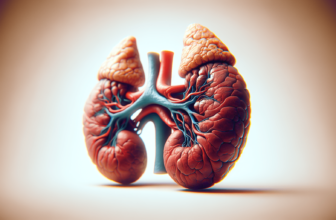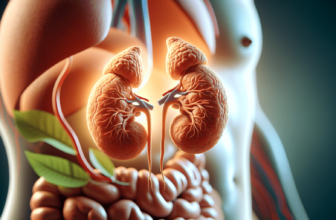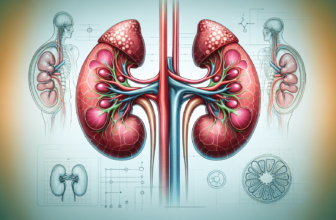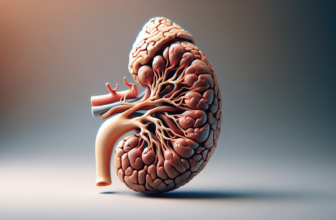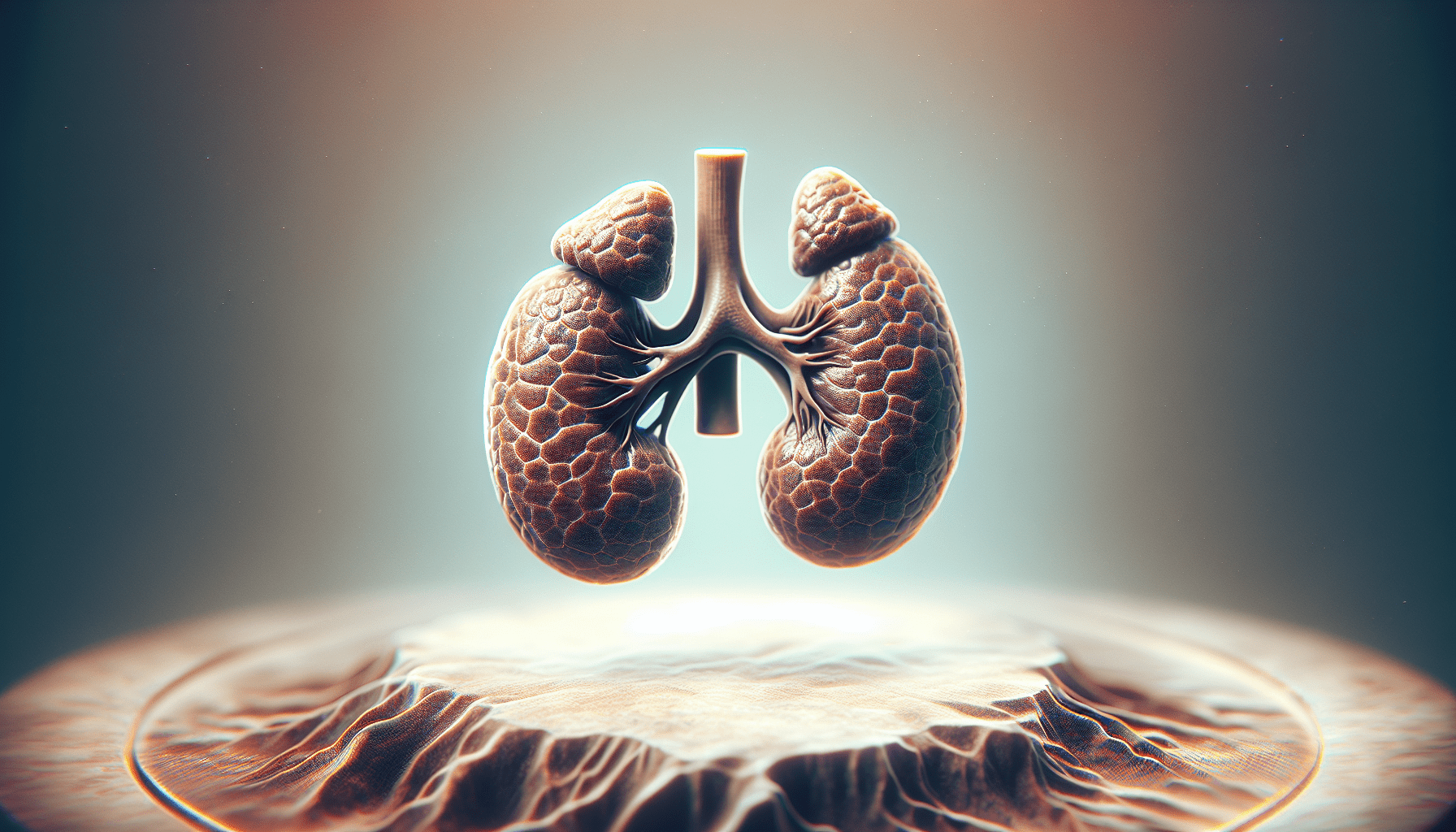
What if your body is sending you signals about its health? Sometimes, subtle signs can indicate issues with important glands like the adrenal glands. You may have heard of them but might not know what symptoms to look out for when there’s a problem. Let’s take a closer look at what these symptoms might be.
Understanding the Adrenal Glands
The adrenal glands are small, triangular-shaped glands located on top of each kidney. These glands play a significant role in producing hormones that help regulate metabolism, your immune system, blood pressure, and stress response. You rely on them every day more than you might realize. If they experience problems, it can lead to a host of symptoms that might affect your daily life.
Common Functions of the Adrenal Glands
It’s helpful to understand what normal functions the adrenal glands perform to grasp the implications of any potential issues. The adrenal glands are primarily responsible for producing:
- Corticosteroids: Essential hormones that help regulate metabolism and the body’s response to stress.
- Adrenaline (Epinephrine): A hormone that plays a critical role in your body’s ‘fight or flight’ response.
- Norepinephrine: Works alongside adrenaline to prepare your body to respond to stress.
- Sex hormones: Such as estrogen and testosterone, which influence sexual development and fertility.
Knowing these functions helps you understand why symptoms related to adrenal gland problems can be diverse and impactful.
Common Symptoms of Adrenal Gland Issues
When your adrenal glands aren’t functioning optimally, you may notice various symptoms. Here’s a breakdown of some of the most common signs to look out for:
Fatigue and Weakness
One of the most pervasive symptoms associated with adrenal gland problems is chronic fatigue. You might find that no matter how much rest you get, you still feel depleted. This occurs because your body struggles to produce sufficient hormones to manage stress and energy.
- Why It Happens: Adrenal glands produce cortisol, which helps regulate energy levels. When they aren’t functioning properly, cortisol levels can drop, leading to persistent tiredness.
Unexplained Weight Changes
Weight fluctuations can occur due to adrenal gland issues. You might notice unintentional weight loss or gain without making significant changes to your diet or exercise routine.
- Cortisol Connection: High cortisol levels can lead to weight gain, particularly around your abdomen, while low levels may result in weight loss.
Mood Swings and Irritability
If you’re experiencing sudden mood swings, anxiety, or even depression, it could be linked to your adrenal health. Problems here can disrupt the balance of neurotransmitters in your brain.
- Hormonal Influence: Your adrenal glands produce stress hormones, and when they are unbalanced, they can lead to emotional instability.
Sleep Disturbances
You may have difficulty falling asleep or staying asleep—another symptom that often accompanies adrenal gland issues. You might find yourself waking up frequently or feeling unrested in the morning.
- Cortisol’s Role: Cortisol levels typically dip at night to help you sleep. If you have adrenal dysfunction, this rhythm can be disrupted.
Digestive Problems
Adrenal glands also play a role in digestion. You might notice changes in your appetite, experience bloating, or have irregular bowel movements.
- Stress Responses: Stress hormones can affect your digestive system, sometimes leading to problems like irritable bowel syndrome (IBS).
Skin Changes
Changes in your skin can also signify adrenal problems. You may experience increased pigmentation, acne, or a general decline in skin quality.
- Hormonal Influence: Imbalances in adrenal hormones can lead to skin issues, as they affect various bodily processes, including oil production.
Blood Pressure Fluctuations
Abnormal blood pressure, whether it’s too high or too low, can indicate problems with your adrenal glands. You may find yourself feeling dizzy or faint due to these fluctuations.
- Hormonal Balance: The adrenal glands produce hormones that help regulate blood pressure. When they malfunction, it can cause significant issues.
Types of Adrenal Disorders
Understanding the specific disorders that can affect the adrenal glands can further clarify the symptoms you might experience. Here’s a brief overview:
Addison’s Disease
Addison’s disease occurs when the adrenal glands do not produce enough hormones, particularly cortisol and aldosterone. You may experience symptoms such as severe fatigue, weight loss, low blood pressure, and changes in skin pigmentation.
Cushing’s Syndrome
On the opposite end, Cushing’s syndrome is caused by an excess of cortisol in the body. This can happen due to adrenal tumors or prolonged use of corticosteroid medications. Symptoms include weight gain, especially around the abdomen, a round face, and easy bruising.
Adrenal Insufficiency
This term encompasses various conditions in which the adrenal glands do not produce adequate amounts of hormones. Symptoms of adrenal insufficiency can be similar to those of Addison’s disease and may include fatigue, weakness, and low blood pressure.
Hyperaldosteronism
In this condition, the adrenal glands produce too much aldosterone, leading to high blood pressure and low potassium levels. Signs can include muscle weakness and frequent urination.
Diagnosing Adrenal Gland Problems
If you recognize some of these symptoms in yourself, you might wonder how adrenal gland problems are diagnosed. Here’s what you can generally expect during the process:
Medical History Review
Your healthcare provider will start by taking a thorough medical history, asking about your symptoms, lifestyle factors, and any medications you may be taking. This helps them get a clearer picture of your overall health.
Physical Examination
A physical exam may be conducted to check for any visible signs of adrenal gland issues. This could include examining your blood pressure, skin tone, or body weight.
Blood Tests
Several tests can measure hormone levels in your blood. These tests typically include:
- Cortisol Levels: A blood sample may be taken in the morning to measure cortisol levels, as they naturally fluctuate throughout the day.
- Adrenocorticotropic Hormone (ACTH): This hormone stimulates cortisol production. Testing its levels can indicate whether the issue lies in the adrenal glands or the pituitary gland.
Urine Tests
A 24-hour urine collection test can also provide valuable information regarding your adrenal system. For example, measuring cortisol levels in urine can help your doctor determine whether you have Cushing’s syndrome.
Imaging Tests
In some cases, imaging tests like CT scans or MRIs may be necessary to visualize the adrenal glands and check for tumors or other abnormalities that might be causing issues.
Treatment Options
If you receive a diagnosis related to adrenal gland problems, you may be wondering what treatment options are available. Here are some common approaches:
Hormone Replacement Therapy
For conditions like Addison’s disease or adrenal insufficiency, hormone replacement therapy may be necessary. This involves taking medications to replace hormones that your body isn’t producing adequately.
Surgery
If tumors are present on the adrenal glands, your healthcare provider may recommend surgical intervention. This can involve removing the tumor or, in some cases, the entire gland.
Medication Management
In conditions like Cushing’s syndrome, medications may help control hormone levels. This approach focuses on treating the underlying cause of the hormonal imbalance.
Lifestyle Changes
Making lifestyle adjustments can have a positive impact on your adrenal health. Here are a few recommendations:
- Exercise: Incorporate moderate exercise into your routine. This helps manage stress and promotes overall well-being.
- Balanced Diet: Eating a nutritious and balanced diet can support your adrenal health. Focus on whole foods, plenty of fruits and vegetables, lean proteins, and healthy fats.
- Stress Management Techniques: Techniques like meditation, yoga, or deep-breathing exercises can help manage stress, which is crucial for maintaining healthy adrenal function.
When to Consult a Healthcare Provider
It’s essential to seek professional medical advice if you notice several of these symptoms persisting over time. Remember, early detection is often key to managing health concerns effectively. Here are some specific situations when you should consult a healthcare provider:
- If fatigue is severe and interferes with daily life.
- If you experience significant weight changes or mood swings.
- If you notice changes in your skin or blood pressure.
- If you have difficulty sleeping or frequent digestive issues.
Conclusion
Your adrenal glands are vital players in your overall health, and understanding their function can help you recognize when something might be off. You should be attentive to your body’s signals, as they can provide valuable insights into your health.
If you have concerns about adrenal gland problems, don’t hesitate to reach out to a healthcare professional. They can guide you through the diagnostic and treatment process, helping you regain balance and thrive in your day-to-day life. Remember, your well-being is worth prioritizing. Look after your health, and don’t ignore those important signals your body is trying to send you.

